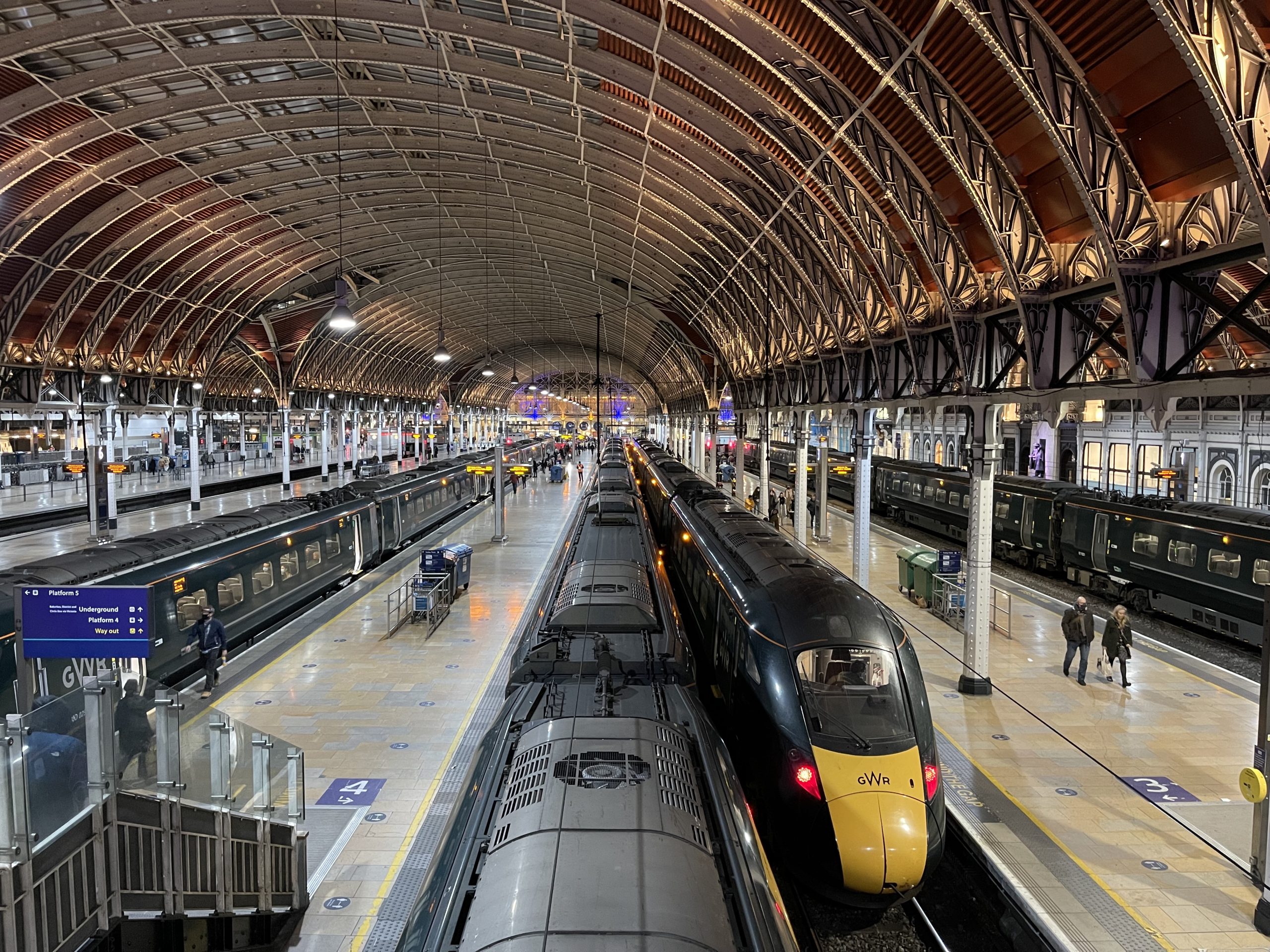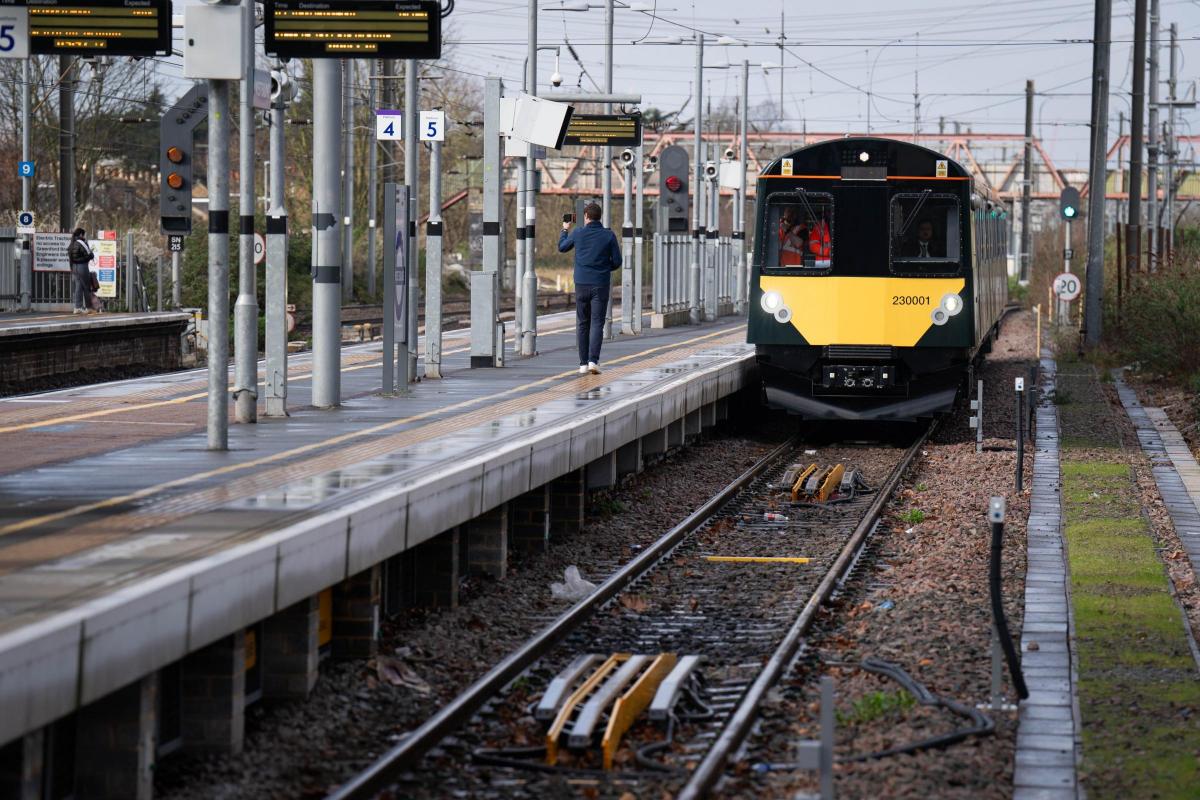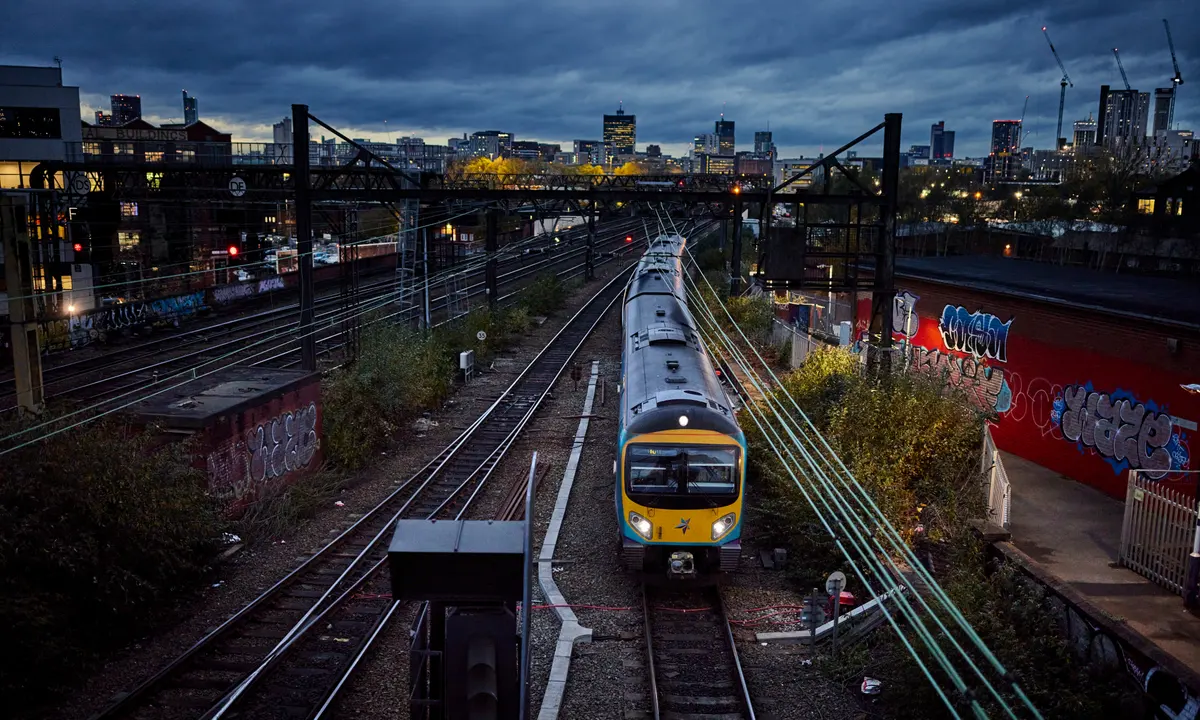In a bold move ahead of the upcoming election, Labour has discloseed an ambitious plan to fully nationalize the train network within five years of assuming power. This proposal marks a significant departure from the current system and is touted as the most extensive rail reform in a generation.
The centerpiece of Labour’s plan is the establishment of Great British Railways (GBR), a national body tasked with overseeing all passenger rail operations. Under this scheme, the entirety of the train network would be brought under public ownership, aligning with the aim of streamlining operations and improving efficiency.
Proposed Nationalization Aims to Put Passengers First Across Britain’s Network

The transition to nationalization would involve consolidating control of both trains and tracks, aiming to eliminate the fragmentation that currently exists within the rail system. While this may seem like a radical shift, it builds upon the foundation laid by previous government initiatives and state-owned entities like Network Rail.
Labour has emphasized its commitment to initiating this reform from day one, although the timeline for implementation remains contingent on various factors. Nonetheless, the party envisions a long-term strategy that prioritizes the interests of passengers and seeks to enhance their experience.
Central to Labour’s vision is the creation of a unified, GBR-branded train service, which aims to simplify the travel experience for passengers. While immediate reductions in ticket prices are not guaranteed, Labour believes that long-term savings generated from increased efficiency could eventually lead to more affordable fares.

Additionally, Labour aims to address the complexities of the current fare system by introducing measures such as contactless payment options and fare capping. By streamlining ticketing processes and reducing bureaucracy, the party hopes to improve transparency and fairness for passengers.
Moreover, Labour’s plan seeks to empower passengers by strengthening oversight mechanisms and consolidating consumer advocacy bodies.
By centralizing responsibilities under the transport secretary and enhancing the role of organizations like Transport Focus, Labour aims to ensure that passenger voices are heard and their interests protected.

While the proposed nationalization may face opposition from private operators, Labour remains steadfast in its commitment to prioritize the public interest.
Ultimately, the party believes that a fully nationalized rail network will not only deliver tangible benefits for passengers but also represent a significant step towards a more equitable and efficient transport system.







Leave a Reply